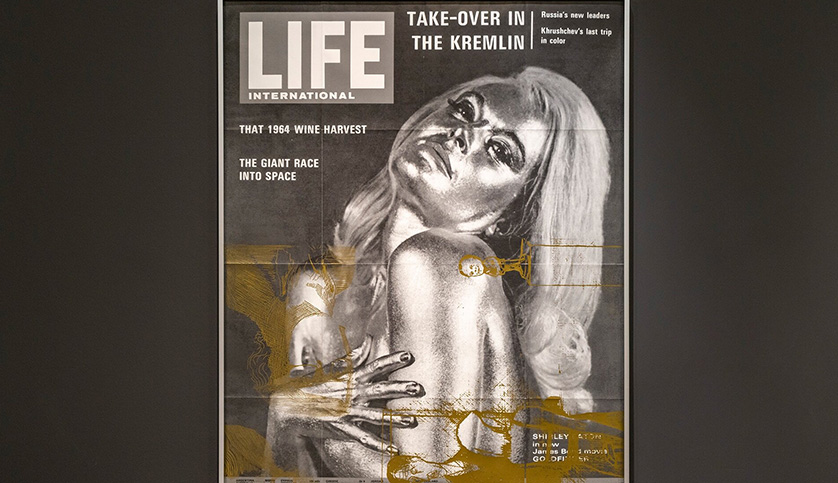Trailer

Inspired by the exhibition And Now the Good News, which focusing on the relationship between mass media and art, we prepared horoscope readings based on the chapters of the exhibition. Using the popular astrological language inspired by the effects of the movements of celestial bodies on people, these readings with references to the works in the exhibition make fictional future predictions inspired by the horoscope columns that we read in the newspapers with the desire to receive good news about our day.

Istanbul’s Seaside Leisure: Nostalgia from Sea Baths to Beaches exhibition brought together photographs, magazines, comics, objects, and books from various private and institutional collections, and told a nostalgic story while also addressing the change and socialization of the norms of how Istanbulites used their free time. Istanbul’s Seaside Leisure was a documentary testament of the radical transformations in the Republic’s lifestyle.
Tuesday - Saturday 10:00 - 19:00
Friday 10:00 - 22:00
Sunday 12:00 - 18:00
The museum is closed on Mondays.
On Wednesdays, the students can
visit the museum free of admission.
Full ticket: 300 TL
Discounted: 150 TL
Groups: 200 TL (minimum 10 people)